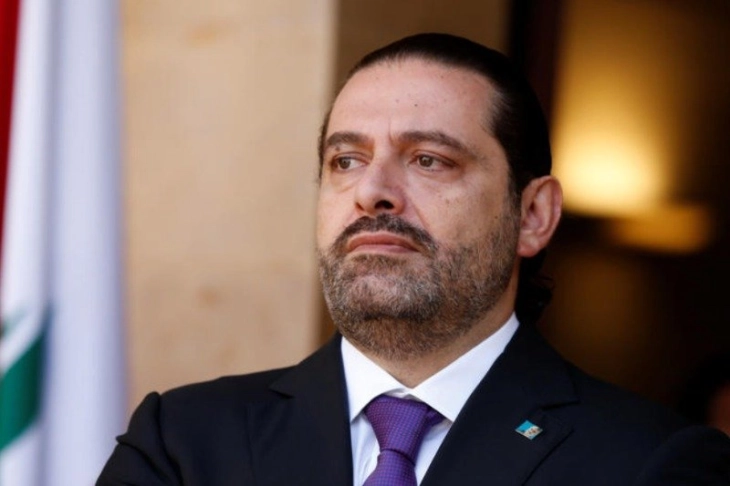Lebanon’s Prime Minister-designate Hariri steps down amid deadlock
- Post By Ivan Kolekevski
- 18:47, 15 July, 2021

Beirut, 15 July 2021 (dpa/MIA) – Lebanon’s Prime Minister-designate Saad Hariri said on Thursday that he was stepping down after failing to form a government for nearly nine months.
Hariri announced his decision after meeting President Michel Aoun and said they had failed to reach an agreement on his proposed government line-up.
“The president saw that there was no room for agreement, so I apologized for not forming a government, and may God help the country,” Hariri told reporters, looking pale and grim.
“We held consultations on the issue of the government, and during the conversation there were amendments requested by the president and considered essential in the line-up I submitted,” he added.
Hariri’s resignation is likely to deepen uncertainty in Lebanon, which is experiencing its worst economic crisis since its 15-year civil war ended in 1990.
Shortly after Hariri’s announcement, protesters took the streets, lit fires in rubbish bins and blocked major roads in the capital and the southern outskirts of the city.
“We are blocking the road to protest the deep economic crisis and the president’s blocking the formation of a government that is able to help the Lebanese people,” one protester loyal to Hariri told dpa.
Protesters clashed with members of the Lebanese armed forces and threw stones at soldiers near the airport road outside the capital.
On Wednesday, Hariri, a veteran politician, presented Aoun a new government line-up of independent specialists.
Hariri is due to appear in a live interview with Lebanon’s al-Jadeed TV later on Thursday.
He was picked to form the government after the resignation of prime minister Hassan Diab in the aftermath of a deadly explosion that hit the Beirut port on August 4 and devastated large parts of the city. Diab is still continuing in a caretaker capacity.
Shortly after Hariri announced he was stepping down, the Lebanese pound further plunged and reached 20,000 to the dollar.
The local pound has lost about 90 per cent of its value against the dollar since 2019.
Lebanon is suffering one of the world’s worst economic crises in more than 150 years, according to the World Bank.
The country has been under pressure from international financing institutions to introduce economic reforms and act against corruption.







